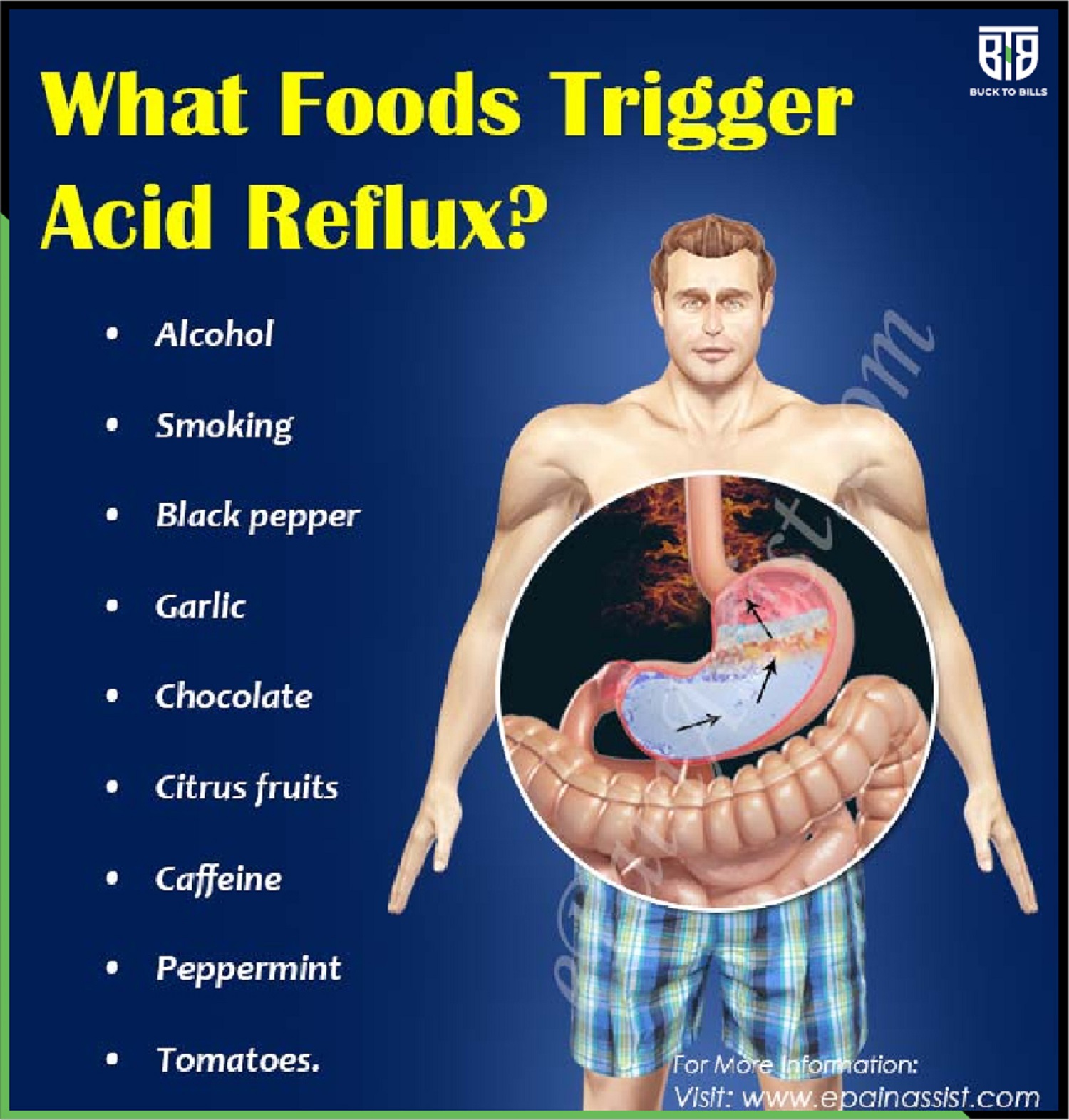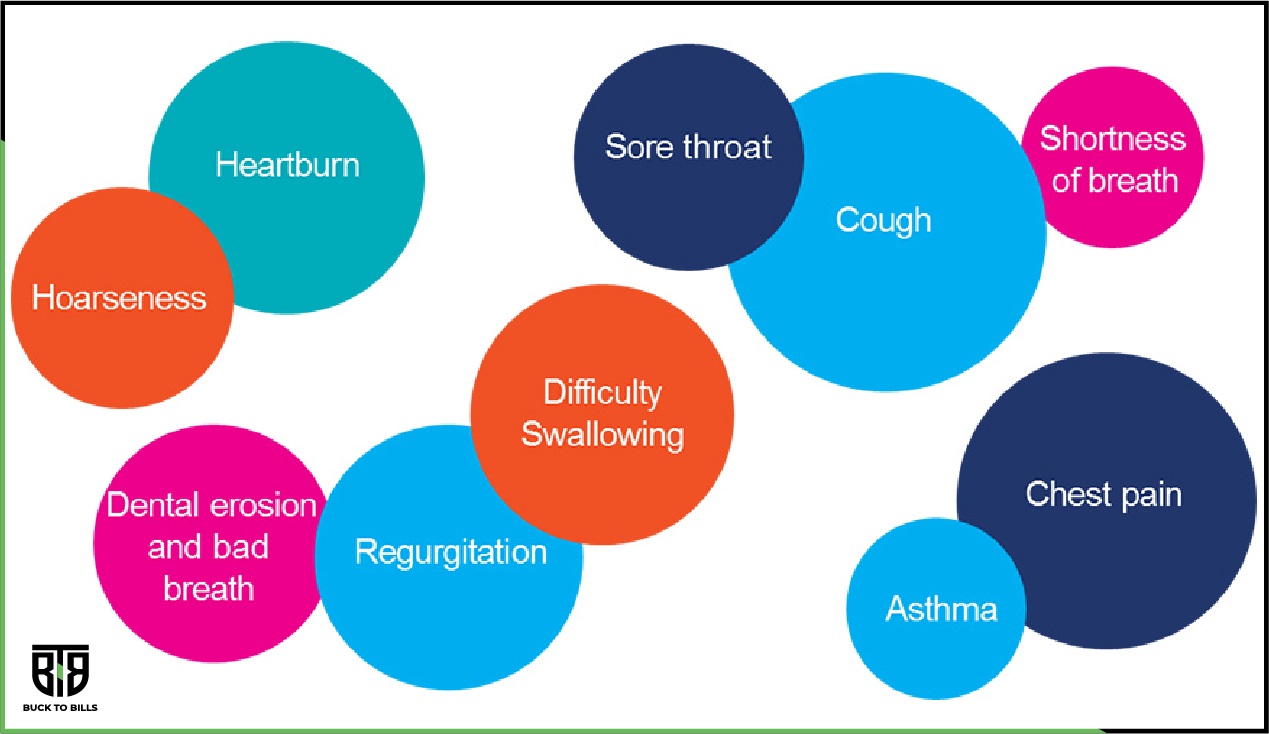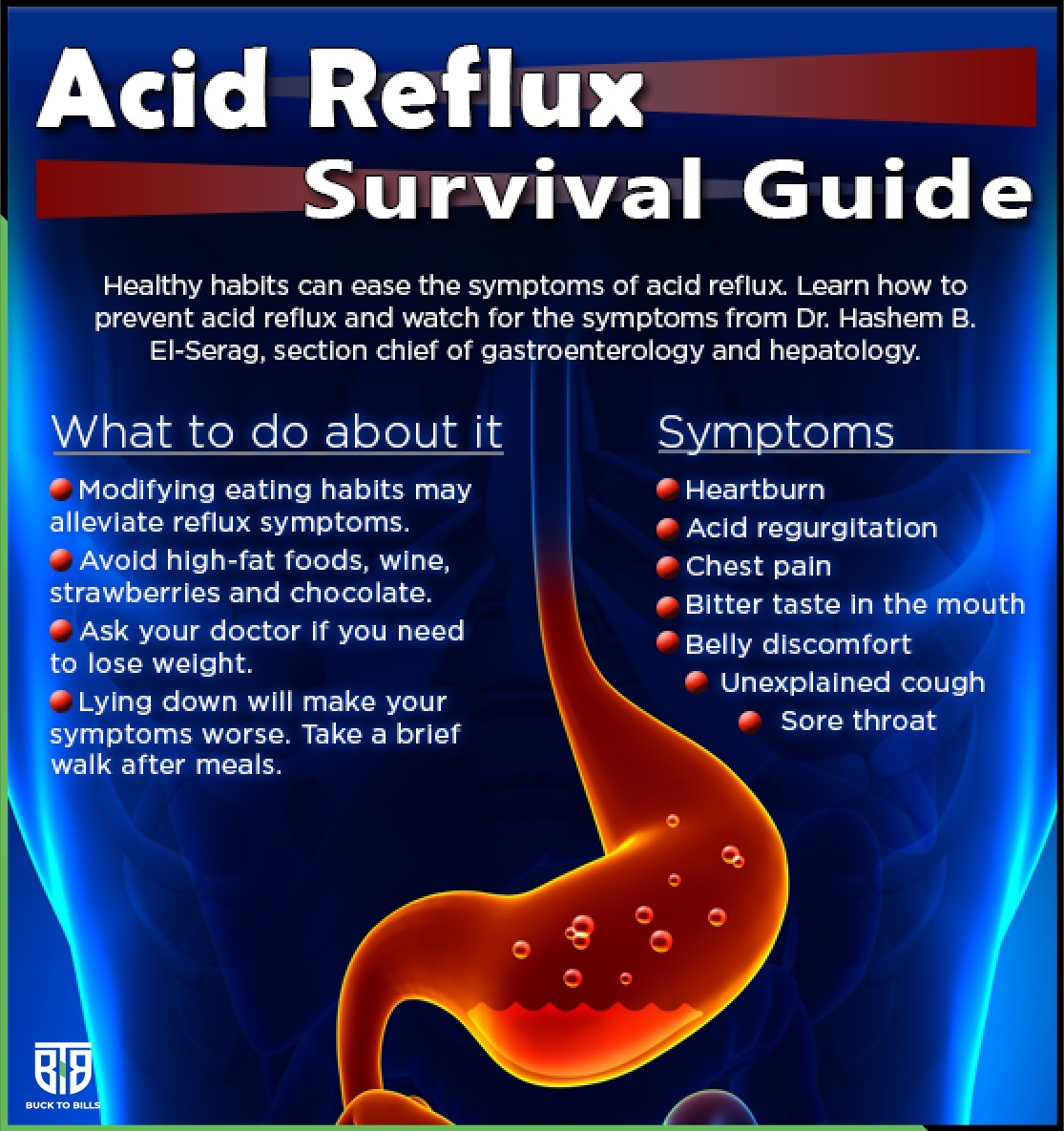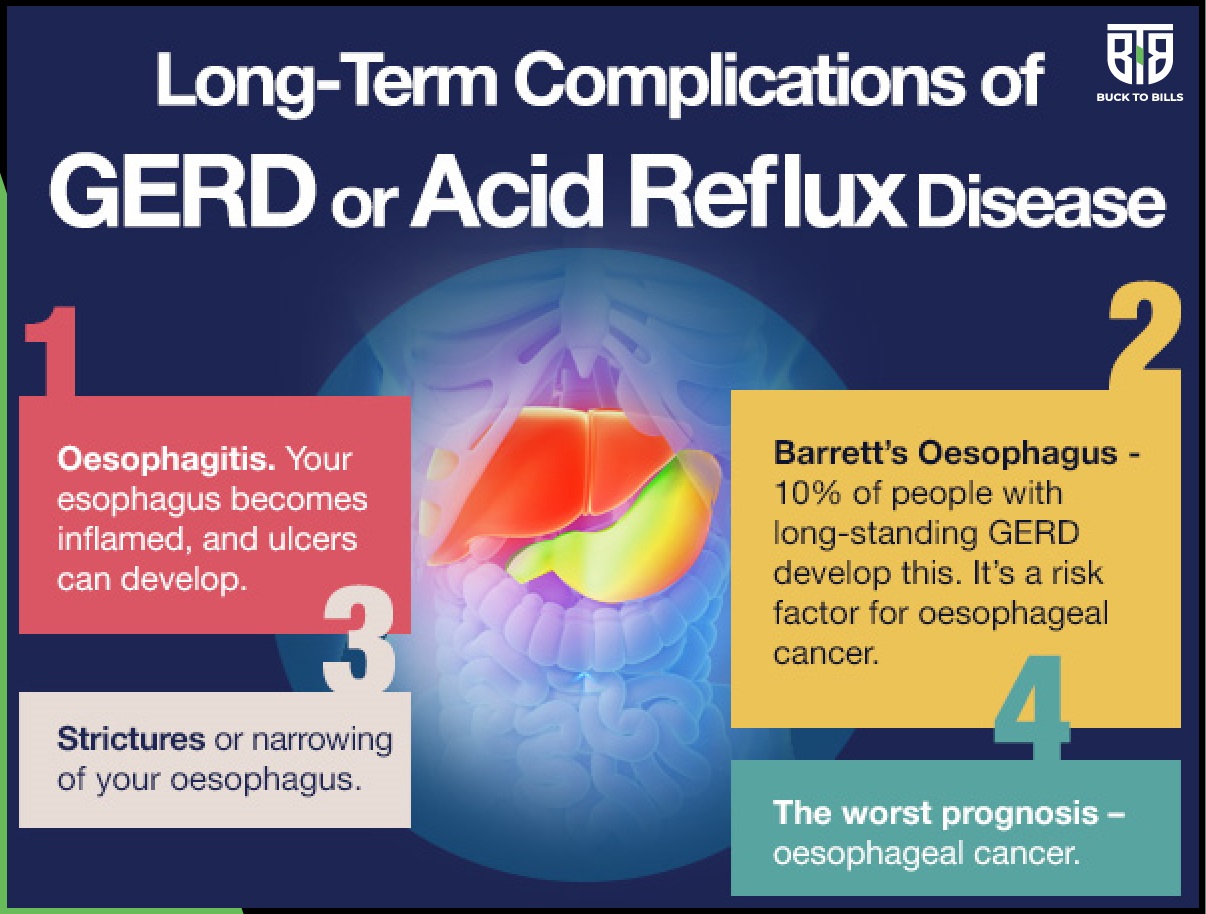Sometimes, you might feel a burning sensation in your heart after a heavy meal or drinking coffee or chilled drinks. Have you ever gone through this situation? This is called Acid Reflux.
Although Acid reflux and Gastroesophageal reflux disease (GERD) are closely related, they are not necessarily the same, and we will know why in a while now.
What is Acid reflux?
Acid reflux is a condition where the contents of acid in the stomach flow back into the oesophagus, the tube that connects the throat and stomach. You might feel a burning sensation in your heart as this happens.
GERD is a severe form of acid reflux.
Causes:
The common risk factors for acid reflux diseases are mentioned below:
- Indigestion after a heavy meal or lying down immediately after a heavy meal.
- Overweight issues or obesity can be a potential factor.
- Snacking close to bedtime.
- Excessive consumption of certain food items including citrus, tomato, chocolate, mint, spices, fast foods, junk food, and onions.
- Excessive consumption of beverages including alcohol, coffee, tea, and carbonated drinks are the risk factors associated with Acid reflux.
- Smoking and excessive alcohol consumption.
- It can occur during pregnancy.
- Certain medications including aspirin, ibuprofen, muscle relaxers, or other blood pressure medications can be the triggering factors.
 Symptoms:
Symptoms:
A few common symptoms are mentioned below to clear any misconceptions regarding acid reflux:
- A discomforting pain and burn that moves from your stomach to chest and throat.
- Regurgitation: Backflow of a sour and bitter-tasting acid from the stomach to heart or throat.
- Nausea, vomiting, bloating, and burping are the most common symptoms visible.
- Weight loss for no reason.
- Wheezing, dry cough, hiccups, chronic sore throat are other visible symptoms.
- Dysphagia: the sensation of food being stuck in the throat.
 Can acid reflux be diagnosed with diet and lifestyle changes?
Can acid reflux be diagnosed with diet and lifestyle changes?
Although the scale of effectiveness is not yet confirmed, experts have reiterated that bringing in considerable changes in diet and lifestyle may show some positive effects:
- Optimum levels of food consumption. Eating in smaller portions.
- Quit smoking and alcohol consumption.
- Limiting fast food and beverage consumption.
- Maintain at least a 2-3 hours gap between nap time and mealtime.
- Avoid wearing tight outfits and belts after meals.
- Take steps to lose weight, if you are overweight or obese.
- Ensure that your head is 4-5 inches higher than the position of the body while you sleep.
- Consult a doctor if any of your medication is triggering your heartburn.
 Diagnosis:
Diagnosis:
It’s time you see a doctor if you have two or more acid refluxes in a week. If you experience frequent or severe symptoms, you may be put through one or more of the following tests:
- Esophagram: It is also called a Barium Swallow where you will be asked to swallow a solution that helps ulcers or structures show up in your x-ray.
- Esophageal Manometry: checks the movement and function of the esophagus.
- pH monitoring: The doctor inserts a device in your esophagus and leaves it for a couple of days for it to measure the acid levels in your esophagus.
- Endoscopy: You will be given a sedative after which a long, flexible, and smooth tube with a camera at one end will be inserted into your stomach through your throat to inspect any structures or issues in your stomach.
Complications:
Although complications are not frequent, prolonged or severe symptoms can lead to serious or life-threatening health issues. They include:
- A condition called Esophagitis causes inflammation in the esophagus.
- Esophagus stricture causes the esophagus to narrow or tighten.
- Barretts’ esophagus involves permanent changes to the lining of the esophagus.
- Asthma, chronic cough, and other breathing problems may develop over time if you breathe the stomach acid into your lungs.
- If the acid reaches your mouth, it can cause tooth enamel erosion, gum diseases, and other dental issues.
 To lower your chances of complications, it is suggested to get diagnosed at the earliest if your symptoms range from moderate to severe level or it keeps occurring more than 2- 3 times a week.
To lower your chances of complications, it is suggested to get diagnosed at the earliest if your symptoms range from moderate to severe level or it keeps occurring more than 2- 3 times a week.
Home remedies:
Even if you are not facing the issue frequently, acid reflux is a discomforting situation. To avoid clinical diagnosis for minor to moderate symptoms, you can try the below home remedies:
- Wearing loose and comfortable clothes. At least avoid tight clothes when you can.
- Standing up straight, elevating your upper body, not falling asleep in chairs or uncomfortable postures.
- Mixing baking soda with water. Intake of ginger.
- Chewing gum can dilute the acids.
- Sipping apple cider vinegar.
- Avoiding smoking and alcohol consumption.
Many over-the-counter treatments, dietary and lifestyle changes, or homemade remedies can provide relief for short and long terms for minor to moderate levels of acid refluxes. Avoiding unhealthy foods, maintaining a healthy gap between meal and nap times, and maintaining a healthy weight are some of the remedies that can show a positive impact. But as mentioned earlier, consulting a doctor at the earliest will be the best advice even if your symptoms are frequent and severe. You will be diagnosed and prescribed medications or other treatments depending on your condition to avoid further complications.




















